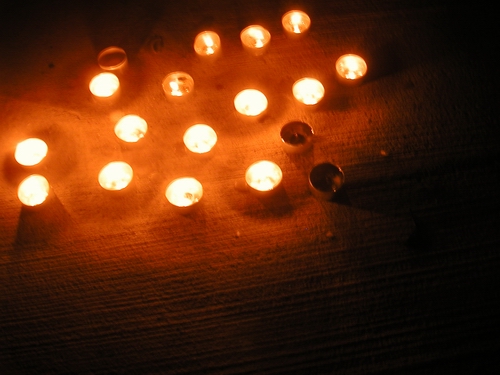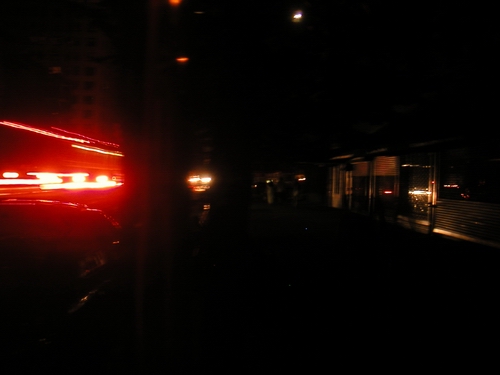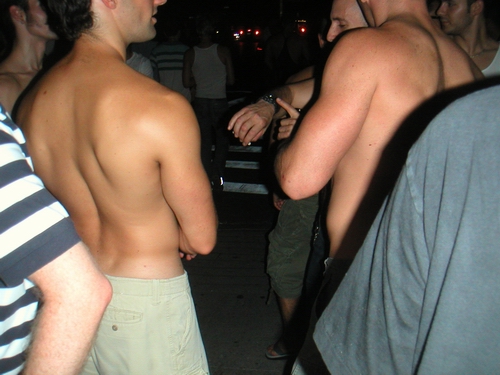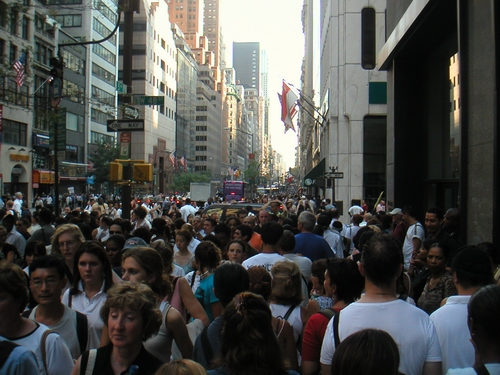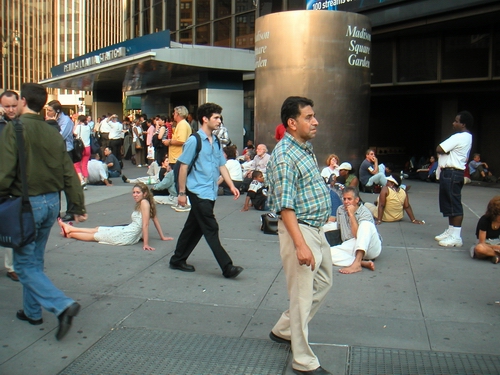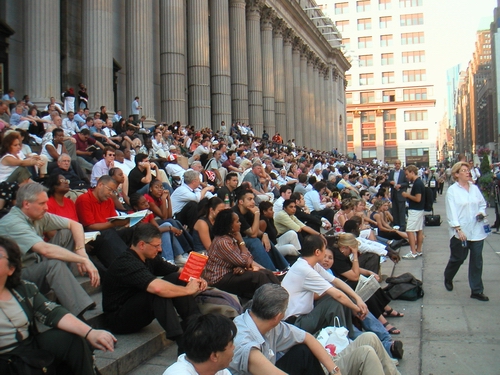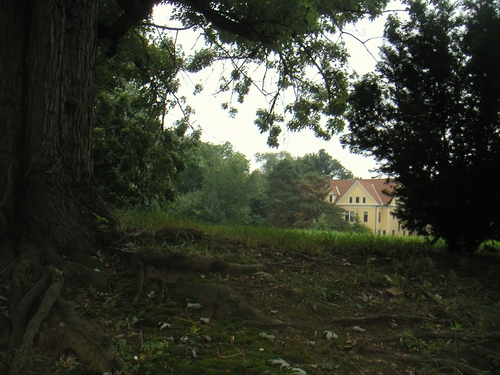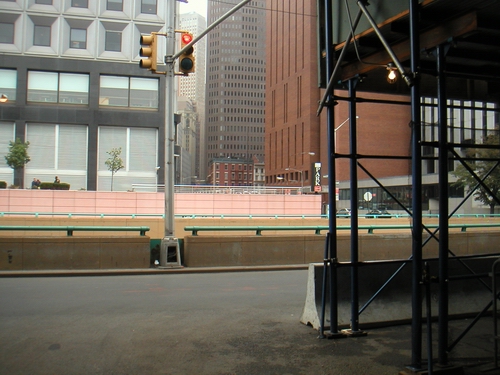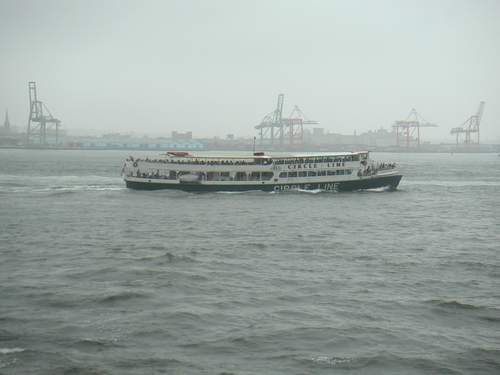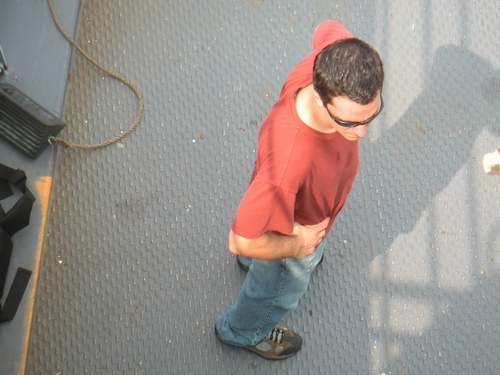Jogged by current arguments over New York's Harvey Milk High School, and a recent postcard from his own school, bj has written an honest, beautiful piece about an ugly memory, one whose counterpart I share shamefully, as I'm sure do many others. An excerpt:
John I love YouDon't miss the music clip in his headline.
I actually started thinking a lot about my high school days during the first bits of current "controversey" over the Harvey Milk School's expansion this fall when that postcard arrived. No, I don't have horrible stories about constant harrassment from fellow students (but you can imagine in an all-male high school); yes, harrassment took place, and yes, I managed to survive it. And no, the Harvey Milk School wouldn't have been a good alternative for me. But then I remember John.See, back then, I would get only the occasional taunts - the name-calling, the teasing. I remember one horrible day just after Christmas. My parents had bought me a leather/vinyl shoulder bag for my books - very 70's, very nice. But the day I brought it to school, the taunting began immediately. Guys grabbed it, put in over their shoulder and "minced" around, lisping words pretending to immitate me. They passed the bag around, wouldn't let me have it back. I tried to ignore them, and eventually got it back. But the day continued like that, name-calling, joking, tugging at the bag, laughing at my expense. When I got home, I walked straight down to the basement, put it on a shelf with all the abandoned toys and games of childhood, and left it there, never touching it again. Oddly, my parents never asked about it (it wasn't cheap, and we didn't have much money), and of course I never mentioned that horrible day to them, I was ashamed. Maybe they knew, and didn't know what to say or do.
But John. He was the "obvious" one. He had the pronounced lisp, limp-wrists, effeminate manner. He got it every day, all day. I don't know the real extent to what happened to him, I kept my distance. And it makes me feel very sad, and ashamed. Not once did I ever consider befriending him, and not 'til my senior year did I ever raise my voice to defend him, or tell the other guys to knock it off (By then I was into drugs, so that "coolness" aspect trumped my suspected homosexuality.) I remember once, sitting in the assistant principle's office, trying to get a class changed, and John was in the waiting room; our eyes met, a moment of sadness from him, then a determined resolve toughened him up, and he looked away. The assistant principle looked in John's direction, breathed a heavy sigh, and mumbled something like "not him again, won't he ever learn?" I said nothing, but was deeply disappointed in this 'educator'. John never got into trouble, he was no doubt there to complain about whatever latest incident happened to him.
Then I went to my next class, attendance was called, and when John's name came up, some tittering from the students, and I said "Oh, he's in with the assistant principle." The art teacher, who we all assumed was gay, then said "Jeez! What's wrong with him, he brings it on himself, he just needs to stop acting that way." You have no idea how clearly that is set in my memory, 25 years later, as vivid as if it happened yesterday. No, I didn't say anything, but I felt even sadder, more disappointment with the adults, and much, much more isolated. And I must say, I must've secretly been feeling "thank god John's here, otherwise it would be me."
